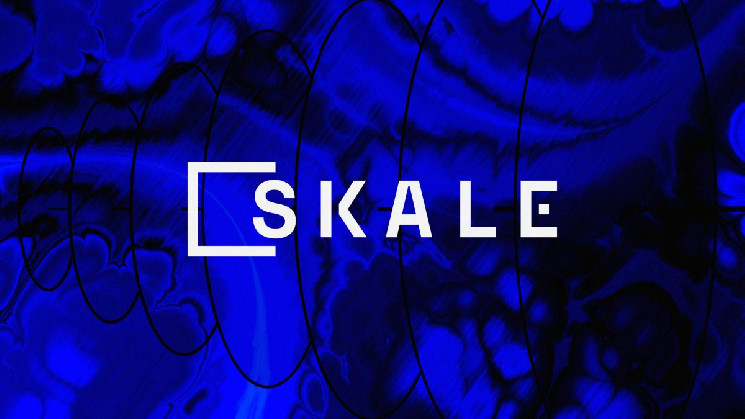Blockchain
Skale Network has released the Levitation Protocol — a Zero Knowledge (ZK) rollup aimed at providing a new scaling solution for Ethereum developers.
Skale operates as an ecosystem of more than 20 application-specific sidechains that run parallel to Ethereum. These chains stand to provide scaling benefits through the deployment of ZK-Rollups, which, along with Optimistic Rollups, constitute the most widely adopted Layer 2 solutions.
Beyond enabling developers to write ZK-Rollups for Ethereum, Skale’s core team intends to launch a dedicated decentralized Layer 1 blockchain to augment Levitation. This blockchain will be specifically designed for publishing Levitation-derived Layer 2 ZK proofs back to Ethereum and is intended to expand Ethereum’s scalability by utilizing off-chain computation, while simultaneously preserving the security of the primary blockchain.
A public testnet is anticipated for later this year, with the mainnet launch scheduled for the fourth quarter of 2023. This, according to Skale contributors, suggests a comprehensive scaling-centric roadmap that Skale is striving for.
“By uniting Skale’s instant finality with the enhanced security of a novel Layer 2 ZK approach, Skale offers developers a platform for creating new, decentralized applications,” Chris Sharp, CTO of Blockdaemon and a validator of the Skale Network, commented on the new release. “Developers will now have the opportunity to utilize not only app-specific chains but also ZK roll-ups, and SKALE-G. We believe this pioneering approach will significantly expand the blockchain ecosystem.”
ZK-Rollup space continues to heat up
The rollout of the Levitation Protocol occurs in a competitive landscape. Over the past few years, Layer 2 projects such as Polygon, Starknet, zkSync, and Scroll have been aggressively vying for dominance in the ZK-based Layer 2 sector.
Skale Labs, the developer behind this blockchain scaling ecosystem, closed a $17 million in a 2019 funding round from notable venture capital firms including Winklevoss Capital, Arrington XRP Capital, ConsenSys Labs, and Multicoin Capital.


